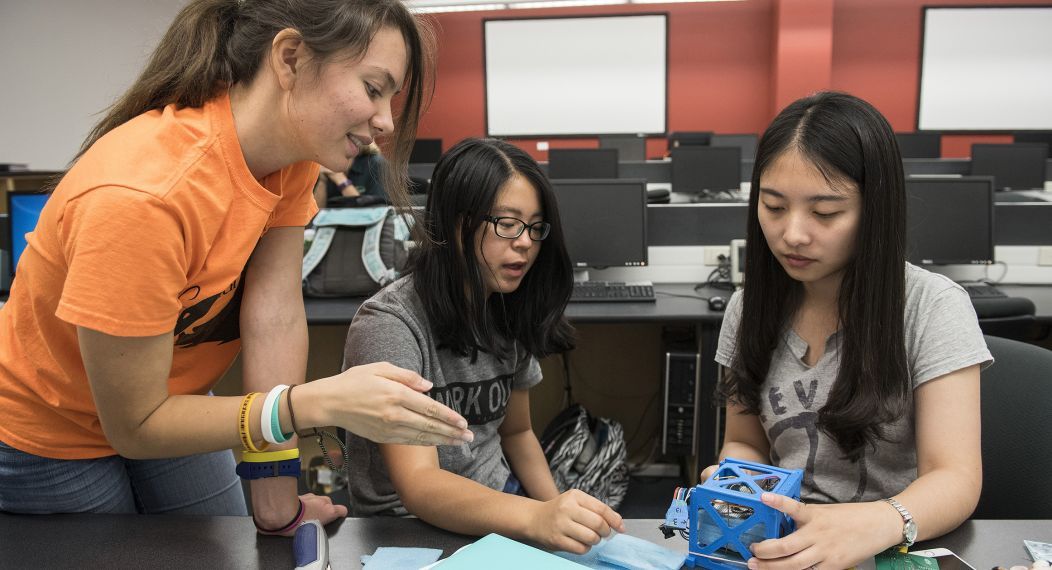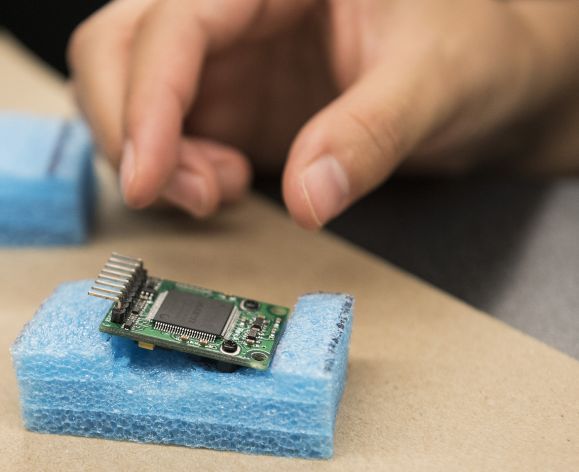Session 1
Session 2
Building Smart Devices
Innovating with Purpose
This course introduces students to the fundamentals of building and programming smart devices that connect and communicate wirelessly. Students dive into the exciting world of smart device development using Arduino or Raspberry Pi microcontrollers, unleashing their creativity to build innovative devices like automated lighting systems and wireless temperature monitors, transforming everyday objects into intelligent, connected solutions while exploring the endless possibilities of Internet of Things technology.







